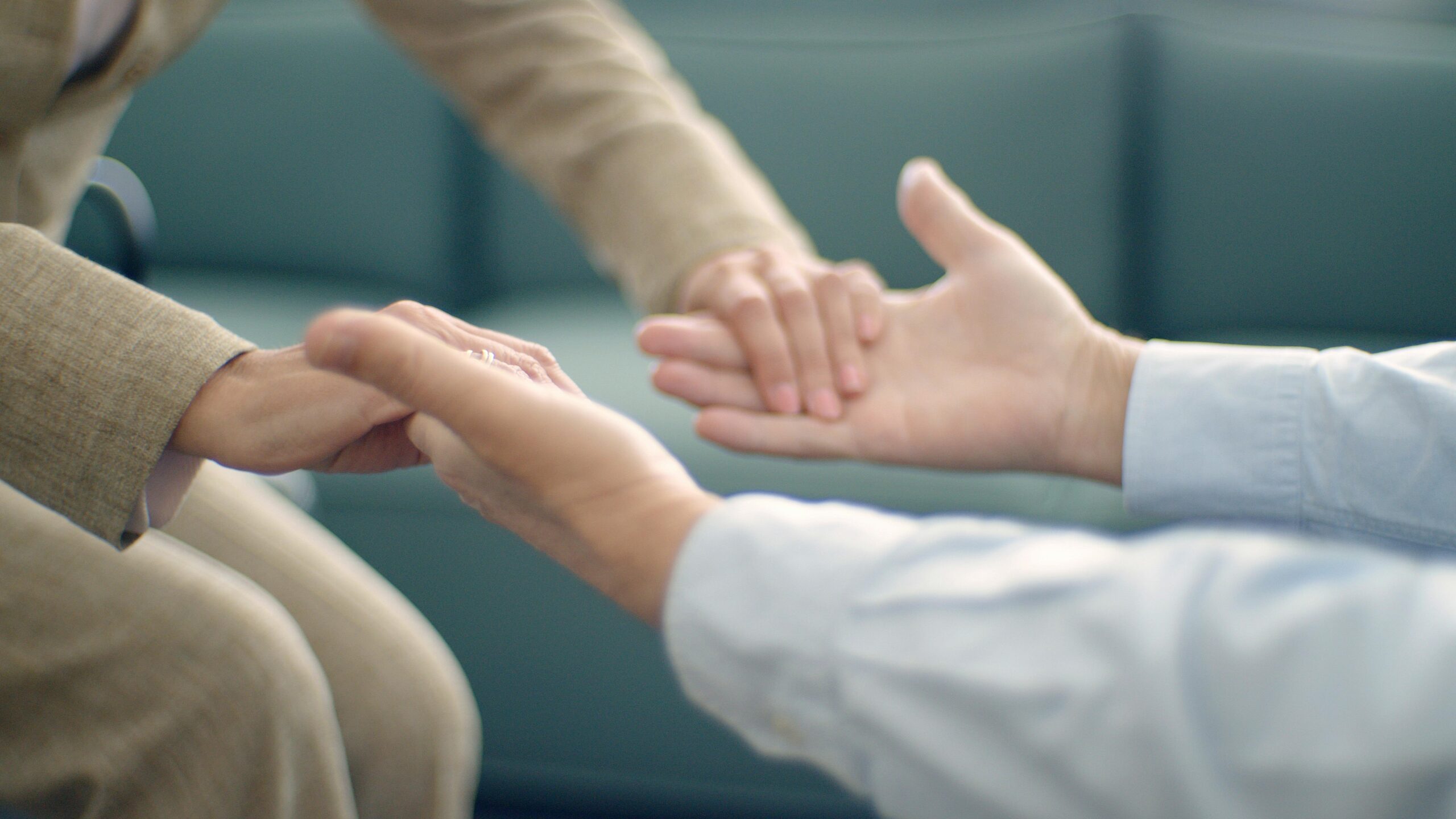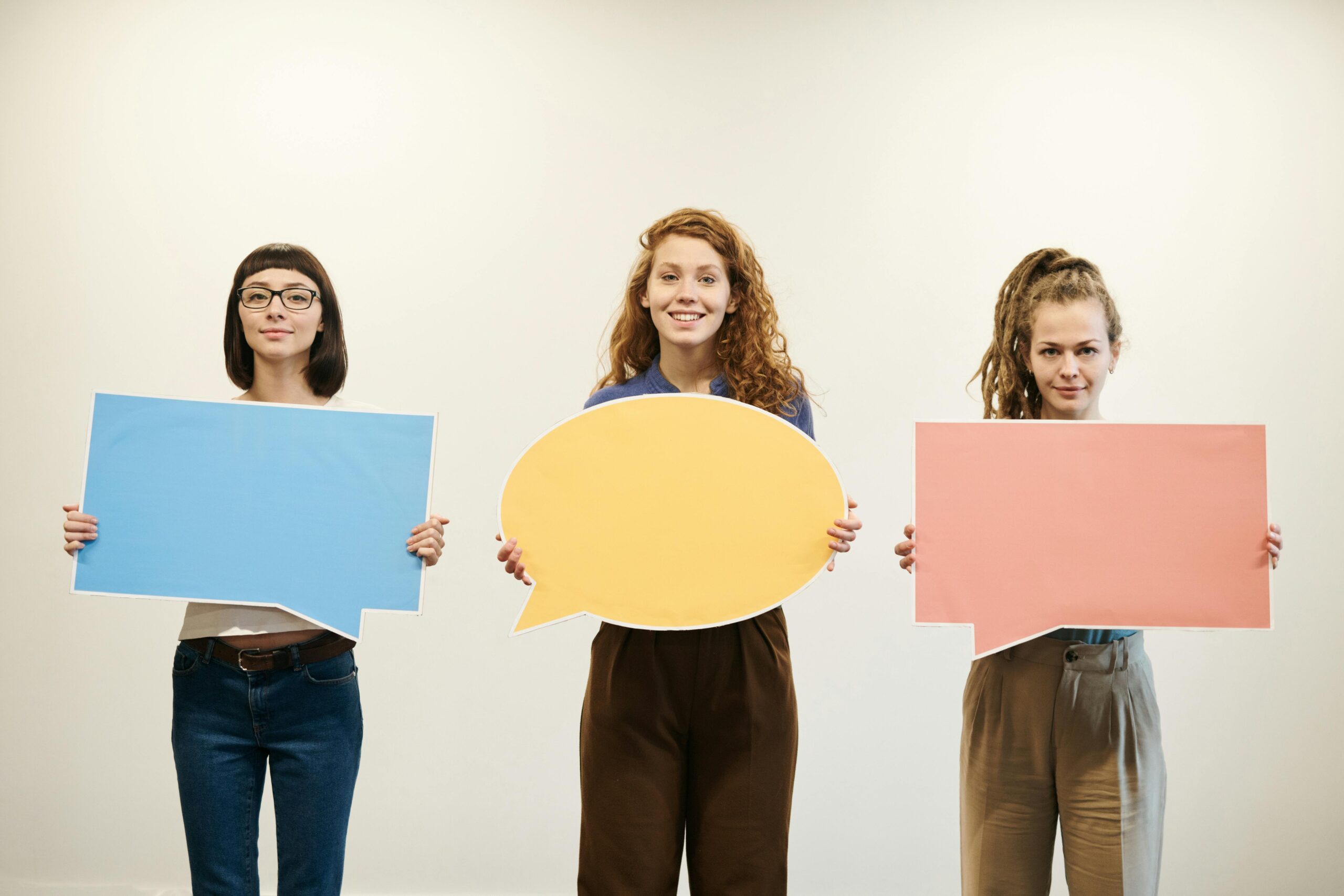The Psychology Behind Kindness in First Impressions
Have you ever met someone and instantly liked them — even before they said much? Chances are, their kindness had something to do with it. That first smile, that subtle nod, or that simple “hello” can speak volumes. Psychologists have long studied how first impressions form, and one thing is consistently clear: kindness plays a powerful role in shaping how we perceive others.
This article will uncover the science behind why kindness makes such a strong impression. We’ll explore psychological studies, emotional triggers, and practical ways to apply this knowledge in everyday interactions — whether it’s a job interview, a first date, or meeting someone new.
Why First Impressions Matter So Much
First impressions aren’t just surface-level moments — they’re deeply psychological experiences. Within the first 7 to 30 seconds of meeting someone, your brain processes their facial expressions, tone of voice, body language, and attitude. In fact, research from Princeton University suggests that judgments about trustworthiness are often made in less than a second.
Your brain is trying to answer one key question: “Is this person safe or threatening?”
That’s why warmth and kindness matter more than anything else during initial encounters. People aren’t looking for perfection — they’re looking for connection.
The Role of Kindness in Human Behavior
Kindness is not just a moral virtue; it’s a social survival tool. From an evolutionary perspective, humans are wired to thrive in groups. Those who show kindness are seen as cooperative, trustworthy, and valuable members of a tribe or community.
When someone is kind to us, it triggers the release of oxytocin — the “love hormone” responsible for bonding and social trust. This hormone lowers stress and promotes feelings of comfort and closeness.
Psychologically, acts of kindness activate areas of the brain related to reward, similar to those triggered by food or money. It’s no wonder people remember — and trust — those who are kind to them.
Scientific Studies That Explain the Power of Kindness
Harvard Research: Warmth First, Then Competence
Psychologist Amy Cuddy from Harvard found that people judge others based on two key traits: warmth and competence. But warmth — often shown through kindness — comes first.
According to Cuddy, “From an evolutionary perspective, it is more crucial to our survival to know whether a person deserves our trust.”
University of Toronto: Facial Warmth Triggers Positive Bias
Another study from the University of Toronto showed that people with “warm” facial expressions were rated as more honest and competent — even when their resumes were identical to others.
This shows how our perception of kindness influences how smart, capable, and trustworthy we believe someone is.
How Emotional Intelligence Shapes Perceptions
Emotional intelligence (EQ) is the ability to recognize, understand, and manage emotions — both in yourself and others. People with high EQ tend to express empathy and genuine kindness, which enhances how others view them.
According to Daniel Goleman, a pioneer in EQ research, those who show emotional intelligence are more successful in relationships, leadership, and communication. That’s because kindness, a key component of EQ, is a silent communicator that builds bridges faster than any impressive resume.
When someone listens, smiles genuinely, and makes others feel heard, they demonstrate emotional intelligence — and they leave a lasting impression.
How to Use Kindness to Make a Strong First Impression
Here are some practical ways to make kindness part of your first interactions:
-
Smile genuinely: A real smile reaches the eyes and communicates openness.
-
Listen actively: Show interest in others by asking questions and not interrupting.
-
Use names: Remembering someone’s name shows care and attention.
-
Offer help: Even small gestures like holding the door can be memorable.
-
Speak gently: A kind tone matters just as much as the words spoken.
The best part? These behaviors are contagious. Kindness spreads — and you’ll often find that people mirror your energy.
Voice-Friendly Q&A: FAQs About Kindness and First Impressions
Why is kindness important in first impressions?
Kindness creates an immediate sense of trust and comfort, which makes others more open and receptive. It helps build positive connections quickly.
How does kindness affect how people see you?
People often perceive kind individuals as more trustworthy, intelligent, and competent. Kindness also enhances your likeability.
Can being too kind seem fake?
Yes, if it lacks sincerity. True kindness is rooted in empathy. When genuine, it’s rarely misinterpreted.
What are some signs of kindness in body language?
Warm eye contact, relaxed posture, nodding while listening, and a genuine smile are all non-verbal signs of kindness.
Is kindness more important than confidence?
Both matter, but kindness often has a stronger initial impact. Confidence gets noticed, but kindness builds trust.
The Neuropsychology of Trust and Kindness
Our brains are wired to respond positively to kind behaviors. Mirror neurons — special brain cells that help us feel empathy — fire when we see someone express kindness. This makes us more likely to trust and feel connected to them.
At the same time, our amygdala, which processes emotions like fear and threat, calms down when we detect kindness. This helps people feel safe, relaxed, and more willing to engage.
In a fast-paced world full of distractions, kindness is a signal that says: “You matter.”
When Kindness Backfires (And How to Avoid It)
There’s a fine line between genuine kindness and over-eagerness. Overdoing it — like excessive compliments, forced smiles, or insincere small talk — can trigger discomfort.
👉 Tip: Let kindness come from a place of presence, not performance. You don’t need to impress; you need to connect.
Authentic kindness doesn’t beg for validation. It gives because it wants to.
Real-Life Example: Kindness in a Job Interview
Imagine two equally qualified candidates. One answers confidently but remains cold. The other smiles, maintains eye contact, and responds with warmth and humility.
Who gets remembered?
Most likely the second.
Many recruiters say they hire for attitude over skill. Why? Because people skills can’t always be taught. Kindness and emotional awareness create workplace harmony — and that’s invaluable.
Final Thoughts: Kindness Isn’t Just Polite — It’s Powerful
In a world where people form opinions in seconds, kindness gives you the edge. It’s not about being perfect. It’s about being human, empathetic, and present.
First impressions last — and kindness is the one thing people never forget.
Whether you’re meeting someone new at a coffee shop, walking into an interview, or saying hello to a stranger — lead with kindness. Your smile, your tone, your attitude — they all carry weight.
And in many cases, they speak louder than words.Thanks for reading!
Want more psychology-backed insights? Explore our latest guides on emotional intelligence, communication, and confidence building.





